A Balancing Act Between Helping and Harming
If you are one of many that are living with chronic pain, the reality you wake up to daily is that you will never be totally pain-free. Sad but true.
The goals in treating chronic pain are actually to improve your quality of life and hopefully decrease the pain. Your pain will likely never totally disappear. Instead, focusing on a goal to make your pain tolerable so you can function can be achievable.
The pain is usually treated with:
- Therapy (ie: physical/occupational therapy and counseling)
- Physical therapy and exercise can make your muscles stronger and reduce pain.
- Occupational therapy teaches you how to pace yourself to do daily tasks.
- Counseling helps resolve mental issues that can be manifesting as physical symptoms.
- Medicines (ie: pain relievers, antidepressants, medications for nerves or muscles)
- Daily exercise
- Weight loss
- Living healthier
- You need to drink less alcohol. If you are on any pain reliever type medications, you are advised to quit drink all together!
- Eating healthier
- There are many great dieticians that can help come up with a strategy that will work for you.
- Quit smoking TODAY!!!
- Getting regular sleep
- We tend to underestimate the value of good sleep. Most Americans are some sort of unhealthy sleep habits
Likely in your treatment plan with your physician, you have also been asked to sign a "Controlled Substance Agreement." This is an agreement between yourself and your doctor to comply with the law regarding controlled substances and also gain trust and confidence in the patient/doctor relationship.
In this agreement, you need to understand the following:
- Medications may not eliminate your pain but may help to reduce it and improve what you are able to do in a day
- If you break this agreement, your doctor WILL STOP PRESCRIBING medications.
- You agree to take your medications at the dose and timing prescribed
- You will not increase or change anything without speaking with your doctor or the office
- You will only arrange for refills during office hours and expect that it could take up to 48 hours before refills are given.
- You will use only 1 pharmacy
- You will not request any controlled medications from other providers and you will tell other providers that you have a signed agreement with your doctor about your medications
- Lost or misplaced medications will not be replaced
- You agree to only use your medications and will not share, sell or trade your medications
- You will participate in any treatments your doctor recommends
- You will not use any ILLEGAL or STREET DRUGS or ANOTHER PERSON'S medications. This included marijuana.
- You will consent for scheduled drug screening along with random drug screening
- You will try to keep all appointments scheduled
Why so strict? Because physicians want to help, not hurt. Our vow is to “First, do no harm.” Pain medications are easily misused and abused. Dependence of these medications leads to abuse and addiction. I spent too many years training and learning that I refuse to become someone's drug dealer/supplier. But as a primary care physician, this is reality that I daily struggle against.
By having a plan using different modalities to treat pain, you do not have to solely rely on medication. Because these medicines have real potential problems. Here are the facts:
- Prescription pills kill more people in Indiana than motor vehicle accidents.
- Every 25 minutes someone dies in the US from prescription drug overdose.
- 1 in 5 Indiana teens have admitted to abusing prescription pills.
Watch for the following red flags with prescription usage:
- Sleep pattern changes (too much or too little)
- Taking more than prescribed
- “Craving” just one more pill/refill
- Running out of prescriptions too soon
- Mixing pills and alcohol
- Appearance of intoxication, hyperactivity or loss of energy/interest
- Continually "losing" prescriptions & requesting replacements
- Seeking prescriptions for more than one injury or with multiple doctors
- Abnormal behaviors, hostility, withdrawal or sudden personality changes
- Poor decision making, such as secrecy or defiance
- Stealing, forging or selling prescriptions
- Other “risk taking” behaviors such as tobacco use and excessive drinking indicate higher likelihood for these types of behaviors could be present
To learn more, go to:
www.BitterPill.IN.gov
www.abovetheinfluence.com
www.naindiana.org
www.drugabuse.gov/drugs-abuse
Am I An Addict?
Be Well!


